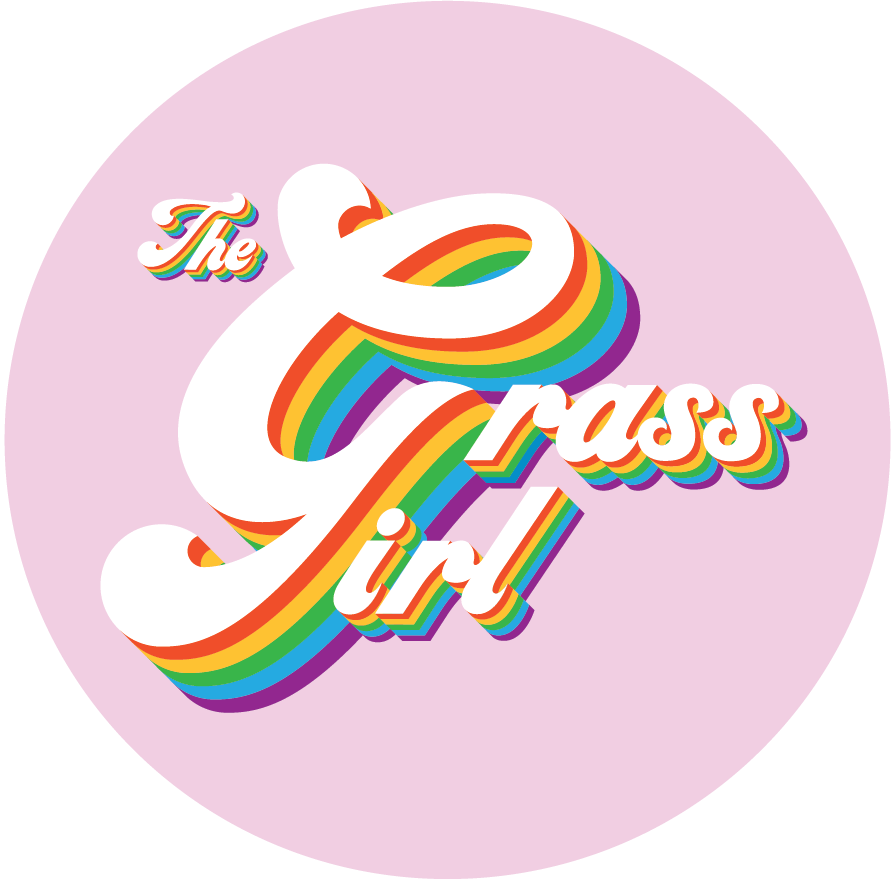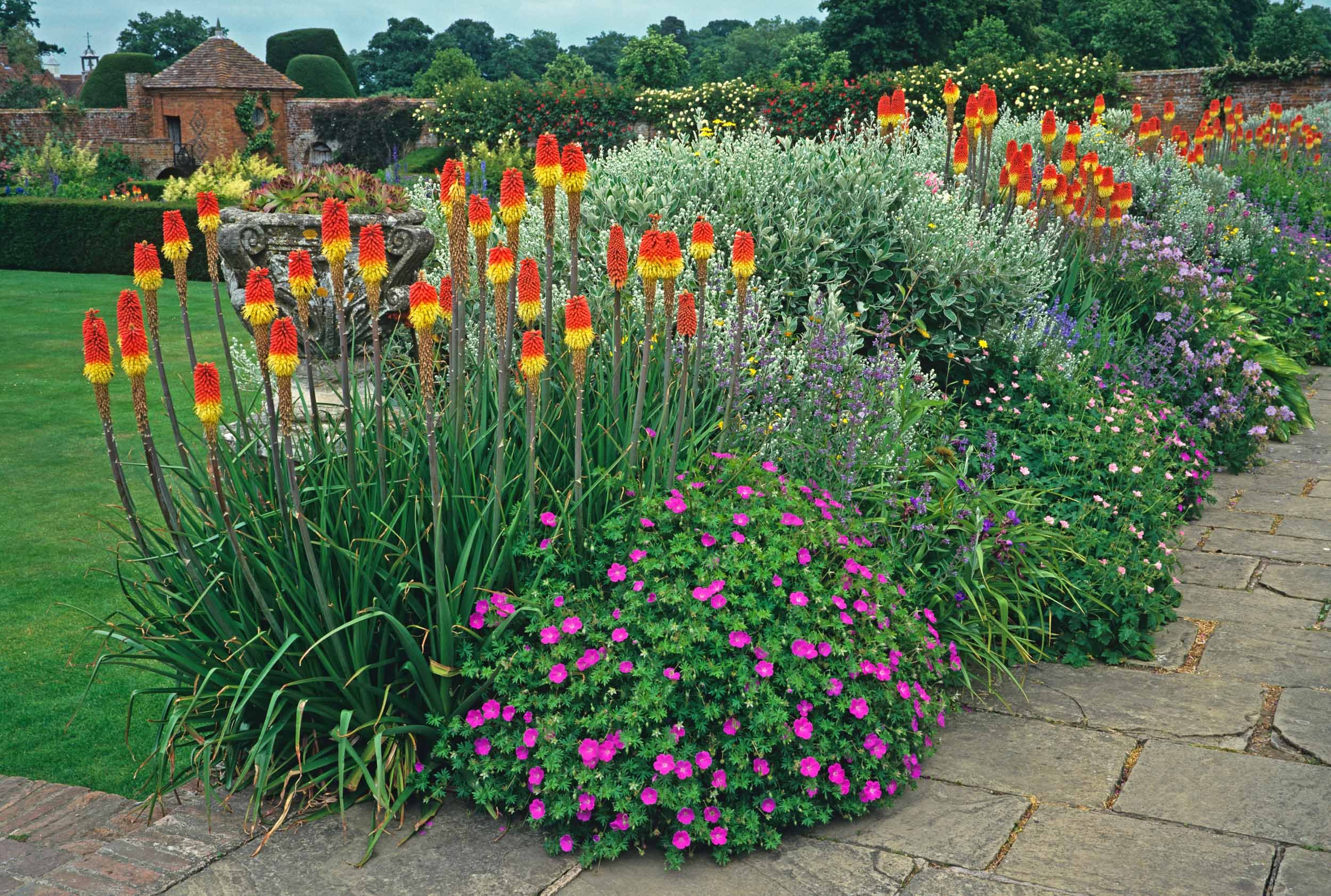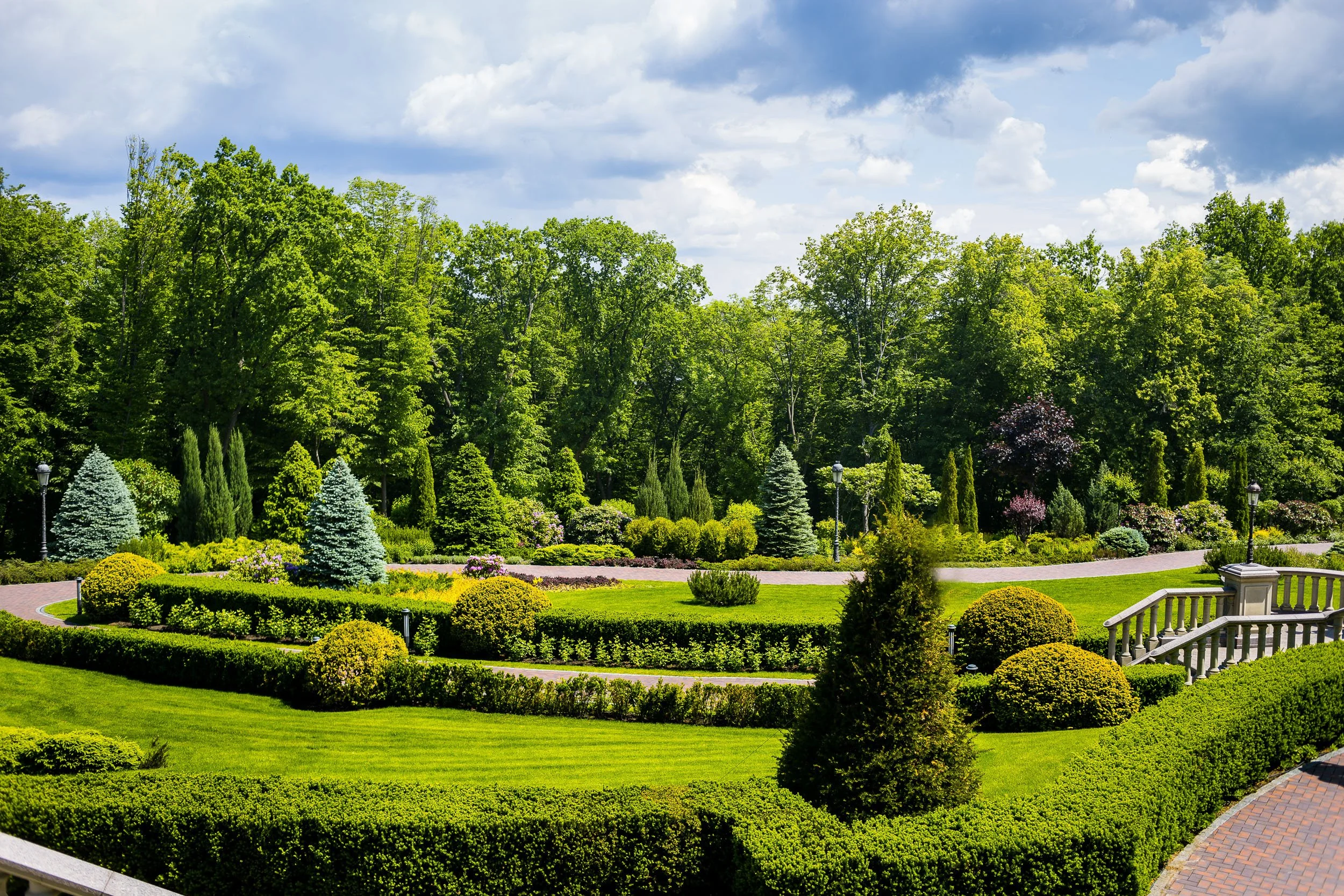New to Nashville Homeowner's Guide to Landscape Design and Gardening in Middle Tennessee
So you just moved to Nashville and have no idea how to go about planning your new home’s garden or landscaping. No worries! The Grass Girl is here to help!
As you embark on your journey to create a stunning garden and landscape design for your new home, it's crucial to understand the unique climate, soil conditions, and plant choices that thrive in Nashville's USDA Zone 7a. With this helpful guide, we hope to help you transform your outdoor space into a captivating oasis.
Embracing Nashville's USDA Zone 7a:
Nashville falls within USDA Zone 7a, which informs the selection of plants that can withstand the region's average annual minimum temperature of 0 to 5 degrees Fahrenheit (-17.8 to -15 degrees Celsius). By choosing plants that are hardy to this zone, you ensure their resilience against Nashville's occasional cold spells.
Navigating Nashville's Climate and Microclimates:
Nashville experiences a humid subtropical climate with hot, humid summers and mild winters. However, the city's diverse topography creates microclimates that can affect your garden's conditions. Here are some key factors to consider:
a. Heat and Humidity: Select plants that can thrive in warm and humid conditions, such as daylilies, salvias, coneflowers, and black-eyed Susans.
b. Rainfall Patterns: Nashville receives ample rainfall, with an average of 47 inches annually. Incorporate plants that tolerate occasional heavy downpours, including sedges, swamp milkweed, and cardinal flowers.
c. Elevation Variations: Depending on your property's elevation, you may experience variations in temperature and wind exposure. Consult with local experts to determine the specific microclimate of your garden.
Unlocking Nashville's Soil Secrets:
Nashville's soil composition varies across the city, with clayey, loamy, and sandy soils prevalent in different areas. Conducting a soil test is vital to understanding your garden's specific characteristics and making informed decisions. Here's what you need to know:
a. Soil Testing: Perform a soil test to assess pH levels, nutrient deficiencies, and organic matter content. The University of Tennessee Extension offers soil testing services to homeowners, providing personalized recommendations for soil amendments.
b. Soil Amendments: Based on your soil test results, consider adding organic matter such as compost or well-rotted manure to improve soil structure, drainage, and fertility. Additionally, adjust pH levels if necessary, especially for acid-loving plants like azaleas or blueberries.
Categorizing Plant Choices for Nashville:
To help you navigate the wide array of plant choices that thrive in Nashville, let's categorize them into foundational plantings, trees, shrubs, perennials, and annuals.
a. Foundational Plantings:
Boxwood (Buxus spp.)
Dwarf Yaupon Holly (Ilex vomitoria 'Nana')
Loropetalum (Loropetalum chinense)
Indian Hawthorn (Rhaphiolepis indica)
Nandina (Nandina domestica)
b. Trees:
Red Maple (Acer rubrum)
Dogwood (Cornus florida)
Bald Cypress (Taxodium distichum)
Eastern Redbud (Cercis canadensis)
American Holly (Ilex opaca)
c. Shrubs:
Butterfly Bush (Buddleia davidii)
Summersweet (Clethra alnifolia)
Dwarf Fothergilla (Fothergilla gardenii)
Oakleaf Hydrangea (Hydrangea quercifolia)
Virginia Sweetspire (Itea virginica)
d. Perennials:
Black-Eyed Susan (Rudbeckia spp.)
Coreopsis (Coreopsis spp.)
Coneflower (Echinacea spp.)
Hosta (Hosta spp.)
Japanese Anemone (Anemone hupehensis)
e. Annuals:
Petunia (Petunia spp.)
Marigold (Tagetes spp.)
Zinnia (Zinnia spp.)
Geranium (Pelargonium spp.)
Impatiens (Impatiens spp.)
Essential Gardening Tips for Success:
To ensure a flourishing garden in Nashville, keep these tips in mind:
a. Proper Plant Spacing: Provide adequate spacing between plants to allow air circulation and prevent overcrowding, which can lead to disease.
b. Watering Practices: Water deeply and infrequently to promote healthy root growth. Use mulch to conserve moisture and suppress weeds.
c. Seasonal Maintenance: Prune plants during their dormant season to shape and maintain their health. Apply organic fertilizers and monitor for pests and diseases regularly.
d. Native Pollinator Plants: Include native plants that attract pollinators like bees, butterflies, and hummingbirds. Examples include milkweed, coneflower, bee balm, and goldenrod.
For personalized assistance, please feel welcome to us here. Happy gardening and welcome to Nashville!




